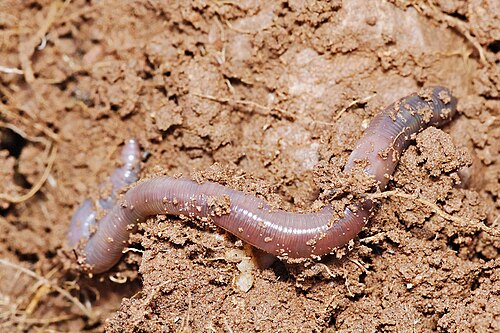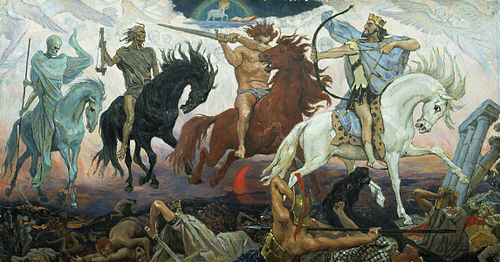Deathnoun
The cessation of life and all associated processes; the end of an organism's existence as an entity independent from its environment and its return to an inert, nonliving state.
Deathnoun
The personification of death as a hooded figure with a scythe; the Grim Reaper.
Deathnoun
(the death) The collapse or end of something.
Deathnoun
(figuratively, esp. followed by of-phrase) A cause of great stress, exhaustion, embarrassment, or another negative condition (for someone).
Deathnoun
The cessation of all vital phenomena without capability of resuscitation, either in animals or plants.
Deathnoun
Total privation or loss; extinction; cessation; as, the death of memory.
Deathnoun
Manner of dying; act or state of passing from life.
Deathnoun
Cause of loss of life.
Deathnoun
Personified: The destroyer of life, - conventionally represented as a skeleton with a scythe.
Deathnoun
Danger of death.
Deathnoun
Murder; murderous character.
Deathnoun
Loss of spiritual life.
Deathnoun
Anything so dreadful as to be like death.
Deathnoun
the event of dying or departure from life;
Deathnoun
the permanent end of all life functions in an organism or part of an organism;
Deathnoun
the time at which life ends; continuing until dead;
Deathnoun
the personification of death;
Deathnoun
the absence of life or state of being dead;
Deathnoun
the time when something ends;
Deathnoun
the act of killing;
Deathnoun
a final state;
Death
Death is the permanent, irreversible cessation of all biological functions that sustain a living organism. Brain death is sometimes used as a legal definition of death.
Inertianoun
The property of a body that resists any change to its uniform motion; equivalent to its mass.
Inertianoun
(figuratively) In a person, unwillingness to take action.
Inertianoun
(medicine) Lack of activity; sluggishness; said especially of the uterus, when, in labour, its contractions have nearly or wholly ceased.
Inertianoun
That property of matter by which it tends when at rest to remain so, and when in motion to continue in motion, and in the same straight line or direction, unless acted on by some external force; - sometimes called vis inertiæ. The inertia of a body is proportional to its mass.
Inertianoun
Inertness; indisposition to motion, exertion, or action; lack of energy; sluggishness.
Inertianoun
Lack of activity; sluggishness; - said especially of the uterus, when, in labor, its contractions have nearly or wholly ceased.
Inertianoun
a disposition to remain inactive or inert;
Inertianoun
(physics) the tendency of a body to maintain is state of rest or uniform motion unless acted upon by an external force
Inertianoun
a tendency to do nothing or to remain unchanged
Inertianoun
a property of matter by which it continues in its existing state of rest or uniform motion in a straight line, unless that state is changed by an external force
Inertianoun
resistance to change in some other physical property
Inertia
Inertia is the resistance of any physical object to any change in its velocity. This includes changes to the object's speed, or direction of motion.



















